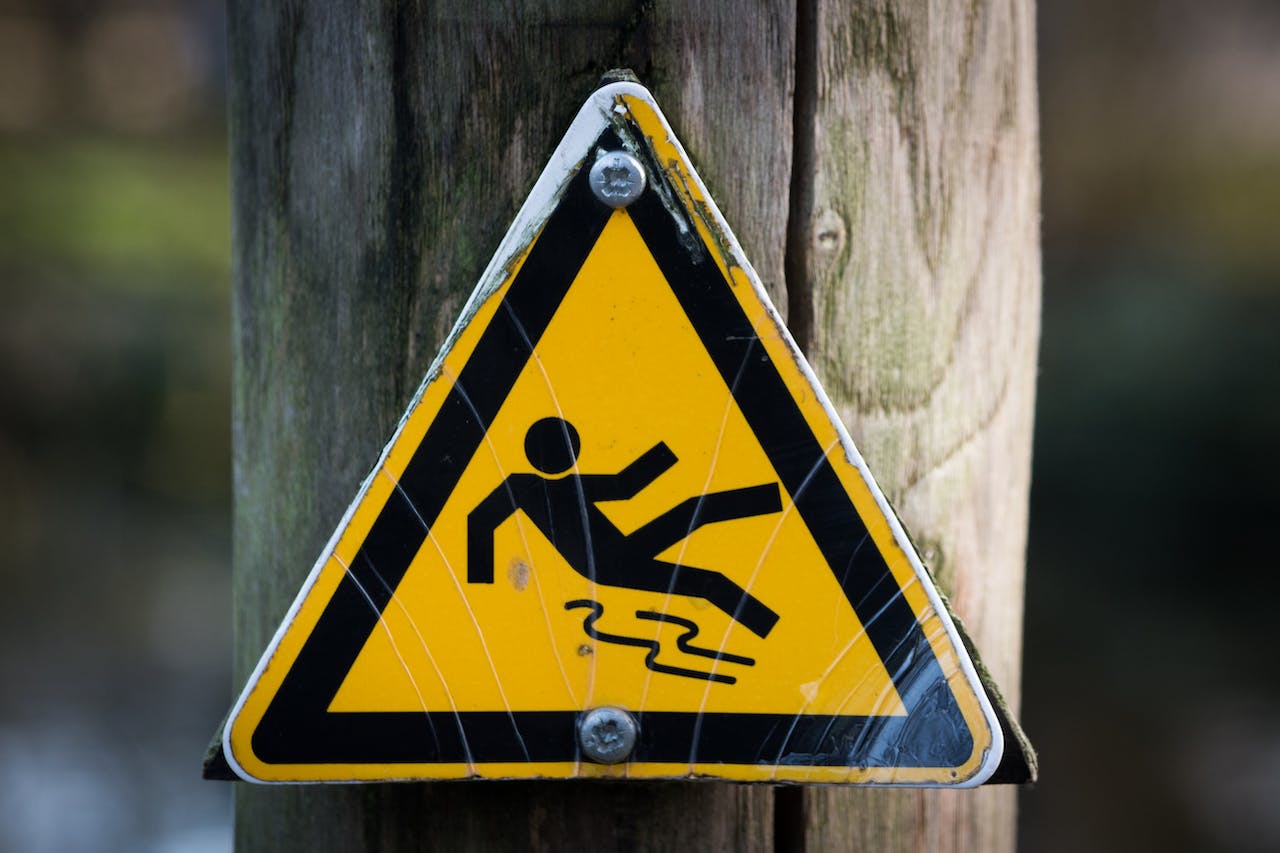
Accidental injuries are something that no one ever plans on experiencing, but the reality is that they do occur. When you’ve been hurt in an accident, it may be difficult and daunting to navigate the legal and medical systems that are in place to help you. After suffering an accident, it is essential to be aware of the measures to follow to guarantee that you will get the financial compensation and medical attention that you are entitled to.
This article will outline the primary measures you should take after a personal injury accident.
Seek Medical Assistance
Your safety and well-being must be top priorities. Get medical attention as quickly as possible, regardless of the severity of your injuries. This not only protects your health but also creates a record of your injuries that may be used as evidence in court, which is crucial for your claim.
Collect Evidence
It is critical to gather evidence at the scene of the accident. Take photographs of the accident scene, your injuries, and any property damage if possible. Collect the contact information, such as phone numbers or email addresses, of anybody who may be able to provide statements supporting what happened. Keep any bills, receipts, and medical papers related to your injury.
File a Police Report
After you have recorded the evidence of your personal injury accident by legal standards, you must decide whether or not to report the incident to the authorities. On the one hand, obtaining a police report on the accident may give a thorough record of what occurred. Furthermore, having an investigation undertaken by authorities may be advantageous for any future legal proceedings and is likely to serve as evidence in the case of conflicts about who was at fault. On the other hand, it is not always obligatory for minor injuries, and in other cases, reporting the incident may result in a lengthy and costly judicial process.
Hire an Attorney
The sooner you consult with a lawyer, the better off you will be. The majority of personal injury lawyers provide free initial consultations. They will not accept cases in which they do not have trust since they operate on a contingency fee basis, which means that their services are free until they win the case. This means that if they do decide to review your case, you have a good chance of winning, even if it is not guaranteed.
Assign Responsibility
You will have no choice but to blame a third party if you seek compensation for your suffering. For example, knowing who is liable in a slip and fall accident is crucial. If you slip and fall in a shopping mall on a wet floor, the mall’s operators are accountable for your injuries. If there is a liability, you must first determine who is to blame before seeking the advice of compensation specialists.
Submit a Claim to the Insurance Company
After gathering all relevant evidence, your personal injury attorney will file a claim with the insurance company of the party who caused the accident. This claim will include a demand for compensation for your losses, such as payment for medical expenses, compensation for lost wages, and compensation for pain and suffering.
Get Ready for Trial
If no agreement can be achieved via talks or mediation, the case will be prepared for trial. However, these procedures are often effective. The parties will file a request to the court for trial dates as the first stage in this process. Your attorney will do an in-depth review of your whole medical records, as well as a quantitative analysis of your condition, to identify which experts they may find useful to visit on your behalf during the court hearing. Following the completion of this, your attorney will submit it to the court and request that the problem be included in the list of cases scheduled for trial. It is important to remember that the courts are quite busy. Before coming to trial, the parties will attend a Pre-Trial Settlement Conference (PTSC), which is needed when the trial is expected to last more than three days. To avoid the necessity for a full trial, the judge will attend this meeting, listen to the parties’ points of view, and seek a resolution to the issue.
Conclusion
To boost your claim opportunities, get emergency medical care, contact an attorney, gather evidence, negotiate with insurance companies, consider litigation (if all mediations failed), and be patient. Every personal injury case is unique; therefore, you need a lawyer who can offer tailored counsel based on your specific circumstances.